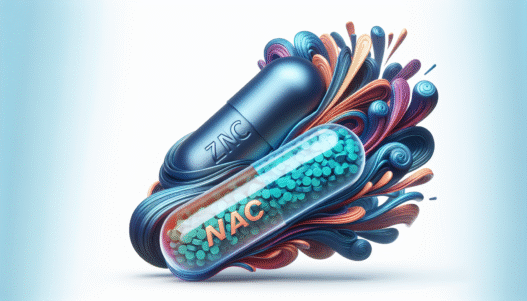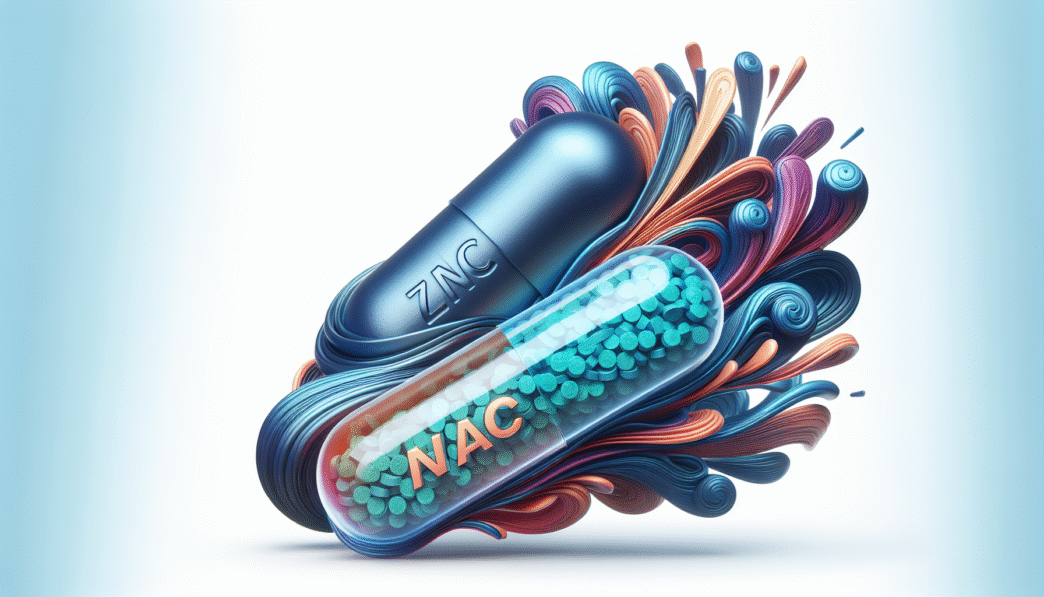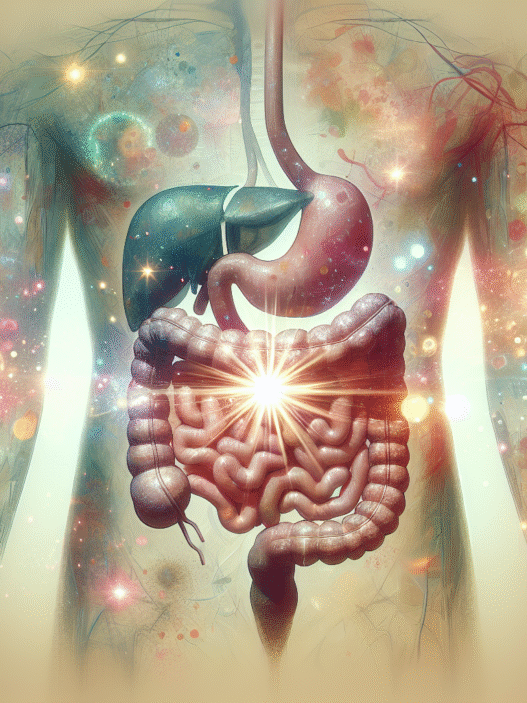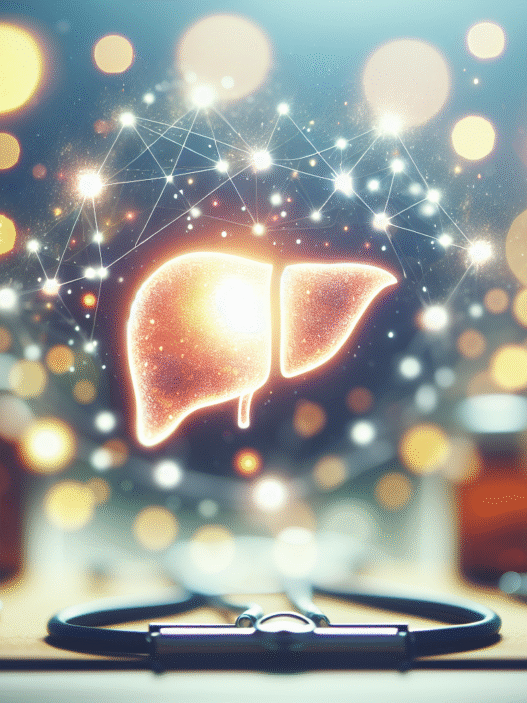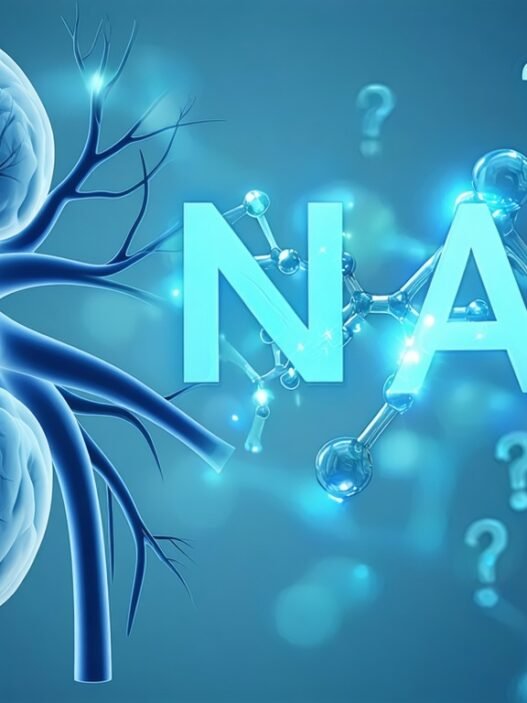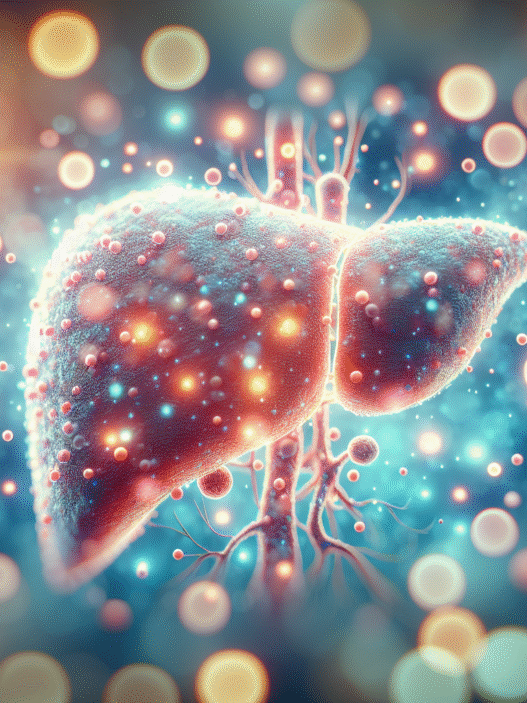Understanding NAC and Zinc
N-Acetyl Cysteine (NAC) Explained
N-Acetyl Cysteine (NAC) is a derivative of the amino acid cysteine and acts as a vital antioxidant in the body. It helps replenish glutathione, the most powerful antioxidant in the body, which plays a crucial role in protecting cells from oxidative stress. Oxidative stress can contribute to the development of various health conditions, including cardiovascular disease, neurodegenerative disorders, and even psychiatric disorders.
In addition to its antioxidant properties, NAC serves as an expectorant, making it beneficial for respiratory conditions by reducing inflammation and breaking up mucus. Its therapeutic uses extend to conditions such as chronic obstructive pulmonary disease (COPD) and chronic bronchitis. Moreover, NAC has been approved by the FDA as an antidote for acetaminophen overdose, effectively reversing glutathione depletion in such cases.
NAC’s ability to regulate glutamate levels in the brain may also provide benefits for brain health; however, further human research is necessary to confirm these effects.
Role of Zinc in the Body
Zinc is an essential trace mineral that supports numerous biological functions, making it vital for overall health. It contributes to immune function, protein synthesis, wound healing, DNA synthesis, and cell division. Zinc plays a pivotal role in maintaining skin integrity and structure, making it important for skin health.
Zinc deficiencies can lead to a range of health issues, including weakened immune response, hair loss, skin problems, and delayed wound healing. The recommended dietary allowance (RDA) for zinc varies by age and sex but generally falls between 8 mg and 11 mg per day for adults.
| Age Group | Recommended Daily Allowance (RDA) of Zinc |
|---|---|
| Adult Women | 8 mg |
| Adult Men | 11 mg |
| Pregnant Women | 11 mg |
| Breastfeeding Women | 12 mg |
Zinc can be found in a variety of food sources, including meat, shellfish, legumes, seeds, nuts, dairy products, and whole grains. Understanding how zinc interacts with other nutrients, particularly antioxidants like NAC, raises a common question: can I take zinc and NAC at the same time?.
The careful consideration of NAC and zinc together can lead to enhanced health benefits, particularly for those concerned with liver health, detoxification, and longevity.
Benefits of NAC
Antioxidant Properties of NAC
N-Acetyl Cysteine (NAC) is renowned for its powerful antioxidant capabilities. One of the primary functions of NAC is its ability to replenish glutathione, often referred to as the body’s most potent antioxidant. Glutathione plays a crucial role in preventing cellular damage caused by free radicals and oxidative stress, which can contribute to various health issues, including cardiovascular diseases. By enhancing glutathione levels, NAC helps support the body’s natural detoxification processes and overall health (Healthline).
NAC’s antioxidant properties not only aid in liver and kidney protection but also underscore its significance in managing health conditions associated with high oxidative stress. The table below summarizes some health conditions where NAC’s antioxidant effects can be particularly beneficial.
| Health Condition | Benefit of NAC |
|---|---|
| Cardiovascular Disease | Reduces oxidative stress, potentially lowering risk factors. |
| Liver Damage | Protects against toxins and environmental pollutants. |
| Kidney Damage | May prevent or alleviate damage due to certain drugs. |
| Respiratory Conditions | Reduces inflammation and assists in mucus clearance. |
Health Conditions NAC Can Address
NAC has shown potential in addressing several health conditions due to its multifaceted properties. Beyond its antioxidant capacity, it plays a significant role in detoxification and symptom relief for various ailments.
-
Respiratory Disorders: NAC acts as an expectorant, helping to relieve symptoms of chronic respiratory conditions such as chronic obstructive pulmonary disease (COPD) and chronic bronchitis by reducing inflammation and breaking up mucus (Healthline).
-
Liver Health: It has been recognized as a critical treatment for acetaminophen overdoses, as it helps protect the liver from damage by supporting its detoxification processes.
-
Mental Health: NAC may help alleviate symptoms of various mental health conditions, including bipolar disorder, schizophrenia, obsessive-compulsive disorder (OCD), and substance use disorder by regulating glutamate levels in the brain. However, additional research is required to establish these benefits conclusively (Healthline).
-
Neurodegenerative Diseases: Preliminary studies suggest that NAC may benefit brain health, potentially reducing the risk of Alzheimer’s and Parkinson’s diseases, but further human research is necessary to confirm its effectiveness (Healthline).
-
Inflammation: NAC has anti-inflammatory properties, which can aid in reducing symptoms associated with various inflammatory conditions.
NAC is increasingly recognized for its versatility in supporting health and well-being. Individuals considering NAC supplementation should explore its benefits further and consult healthcare professionals to discuss appropriate use and any potential interactions, including questions about whether they can take zinc and NAC at the same time. For more information on NAC’s uses and safety, explore additional resources about what is NAC N-Acetyl Cysteine used for?.
Zinc Supplementation
Importance of Zinc
Zinc is an essential trace mineral that plays a significant role in various biological functions. It is crucial for maintaining healthy immune system function, promoting wound healing, and supporting DNA synthesis. Zinc deficiency, although rare, can lead to serious health issues including decreased immunity, hair loss, and slow wound healing (Healthline).
Research suggests that zinc assists in managing blood sugar levels, improving insulin sensitivity, and reducing insulin resistance. Low levels of zinc may be associated with impaired blood sugar management, increasing the risk of developing type 2 diabetes.
| Function | Description |
|---|---|
| Immune Support | Enhances immune function and decreases susceptibility to infections. |
| Wound Healing | Vital for skin health and repair processes. |
| DNA Synthesis | Plays a role in cellular division and growth. |
| Blood Sugar Management | Helps maintain stable blood sugar and improves insulin effectiveness. |
Zinc’s Impact on Health
Zinc has far-reaching effects on overall health. Studies indicate that taking zinc supplements may aid in reducing risk factors for heart disease, such as lowering total and LDL cholesterol levels, reducing blood triglycerides, and decreasing systolic blood pressure. Moreover, zinc is known to enhance immune function and support skin, eye, and heart health.
For example, zinc lozenges with a dosage of 80–92 mg have been shown to reduce the duration of the common cold by up to 33%. Additionally, zinc may have a role in preventing symptoms and shortening the duration of certain respiratory tract infections.
Here are some common forms of zinc found in dietary supplements:
| Zinc Form | Description |
|---|---|
| Zinc Sulfate | Often used for its high absorption rate. |
| Zinc Acetate | Provides elemental zinc efficiently. |
| Zinc Gluconate | Commonly used in lozenges and supplements. |
| Zinc Oxide | Less bioavailable, but often included in multi-mineral products. |
The amount of elemental zinc in a supplement is usually stated on the Supplement Facts panel. It’s worth noting that the absorption of zinc can be influenced by other dietary components. For example, taking supplements containing 25 mg elemental iron or more alongside zinc can reduce zinc absorption and plasma concentrations.
Understanding the role of zinc can help individuals make informed decisions about their dietary supplements, especially when considering its use alongside other supplements like N-Acetyl Cysteine (NAC). For more information on NAC, refer to our article on what is NAC N-Acetyl Cysteine used for?.
NAC and Zinc Interaction
Possibility of Taking NAC and Zinc Together
Individuals concerned about liver health, detoxification, and longevity often wonder, “can I take zinc and NAC at the same time?” According to research, there are no documented interactions between N-Acetyl Cysteine (NAC) and zinc, including zinc gluconate and zinc plus copper. These findings suggest that taking NAC and zinc together may be safe, but it’s always recommended to consult with a healthcare provider before combining supplements. This ensures that potential interactions that are not widely known or documented are considered.
| Supplement | Interaction Status |
|---|---|
| NAC with Zinc | No interactions found |
| NAC with Zinc Gluconate | No interactions found |
| NAC with Zinc plus Copper | No interactions found |
Potential Interactions with NAC and Zinc
While current literature indicates no major interactions between NAC and zinc, caution remains prudent. Individuals should remain aware that NAC may have a moderate interaction with activated charcoal, which could compromise the effectiveness of the charcoal in certain situations, such as poisoning.
Although NAC is generally regarded as safe and effective due to its role in replenishing glutathione levels and acting as an antioxidant, supplementing it with zinc should still involve careful monitoring of individual reactions. Depending on sensitivity or concurrent health conditions, some may experience gastrointestinal discomfort from either supplement.
For further insights on the implications of using NAC, including its effect on the liver, explore is NAC good for your liver? or learn about the long-term safety of daily use in is it ok to take NAC everyday?.
Safety and Precautions
When considering the use of N-Acetyl Cysteine (NAC) and zinc simultaneously, several safety and precautionary measures should be kept in mind. Understanding the implications of combining these supplements is critical for anyone looking to use them for their potential health benefits.
Considerations When Using NAC
NAC is celebrated for its antioxidant properties and plays a vital role in detoxification, particularly in protecting the liver and kidneys. It has received approval as an antidote for acetaminophen overdoses, highlighting its importance in medical contexts (Healthline). However, individuals should be aware that NAC may interact moderately with medications, especially those for high blood pressure. Combining NAC with such medications could potentially result in an unexpected drop in blood pressure, necessitating close monitoring.
It is advisable for anyone interested in using NAC to consult a healthcare professional, particularly if they are taking other medications or have underlying health conditions. Additional information on the safety of NAC can be found in our article on who should not take N-Acetyl Cysteine.
Precautions with Zinc Supplementation
Zinc is essential for various bodily functions, but supplementation must be approached with caution. Oral zinc supplements can interact with other medications, potentially reducing their effectiveness. This is particularly important for individuals on prescribed medications, as these interactions can complicate treatment. Furthermore, there is a specific warning against using intranasal zinc supplements, which have been associated with a loss of the sense of smell.
Before starting zinc supplementation, individuals should assess their dietary intake to ensure they are not consuming excessive amounts of zinc from both food and supplements. For detailed insights into safe and effective ways to use NAC and zinc together, readers can explore our content on whether is it ok to take NAC every day.
Taking both NAC and zinc requires thoughtful consideration of health status and existing medications. Consulting a healthcare provider is always a prudent step to ensure safe and effective use, particularly for those concerned about overall health and detoxification.
Research Insights
Clinical Studies and Findings
Several studies have explored the combined effects of N-Acetyl Cysteine (NAC) and zinc supplementation. Research suggests that NAC helps replenish glutathione, the body’s most potent antioxidant, which may aid in improving various health conditions, potentially including cardiovascular health (Healthline). Zinc is also well-known for its role in blood sugar management, as it can help maintain steady blood sugar levels while improving insulin sensitivity (Healthline).
Despite these benefits, it is essential to consider potential interactions. For example, NAC has a moderate interaction with medications used for high blood pressure and blood clotting, which may necessitate careful monitoring when combined with other supplements or medications (WebMD).
| Study Focus | Finding |
|---|---|
| NAC’s Role | Replenishes glutathione, supports antioxidant defenses. |
| Zinc’s Role | Helps manage blood sugar levels, improves insulin sensitivity. |
| Interaction Risks | Moderate interactions with blood pressure medications and clotting agents. |
Recommendations for NAC and Zinc Use
Given the potential benefits of both NAC and zinc, individuals concerned with liver health or seeking detoxification might consider using them together. However, they should follow a few safety recommendations:
- Consult a Healthcare Provider: Before starting any new supplementation regimen, individuals should consult a healthcare professional, especially if they are already on medications.
- Monitor Blood Pressure: Those taking blood pressure medications should carefully monitor their blood pressure levels when using NAC and consult with their doctor if they notice significant changes.
- Avoid Simultaneous Use with Charcoal: Avoid taking NAC simultaneously with activated charcoal, as it may reduce the effectiveness of charcoal in preventing poisoning.
- Follow Dosage Guidelines: Stick to the recommended dosages for NAC and zinc to avoid possible side effects and ensure optimal health outcomes.
For further information on the effects of NAC on conditions like anxiety or inflammation, refer to our articles on does nac help with anxiety? and does nac help inflammation?. These insights can guide individuals in determining how best to incorporate NAC and zinc into their health regimen.










